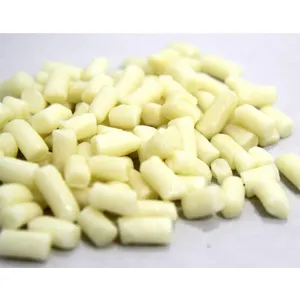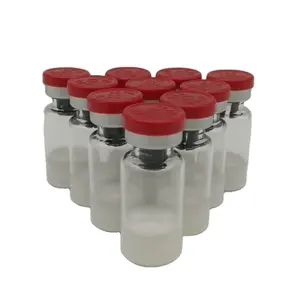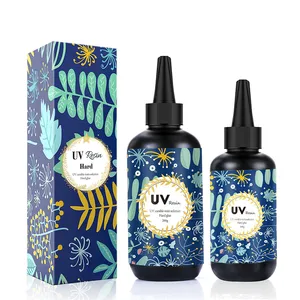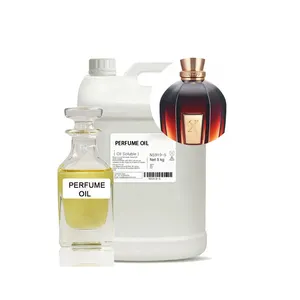Popular in your industry













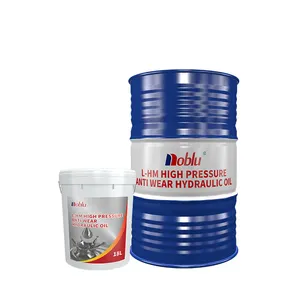



































































































































































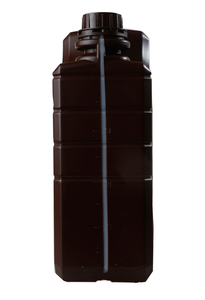


















Top categories
About 80w90 gear oil
80w90 gear oil mainly refers to the transmission and rear axle lubricant. It differs from motor oil in terms of conditions of use, its own composition and performance. 80 90 gear lube mainly lubricates gears and bearings, prevents wear and corrosion, and helps gear heat dissipation.
Basic properties of 80w90 gear oil
Suitable viscosity and good viscosity temperature, viscosity is the most basic performance of 80 w 90 gear oil. Large viscosity, the formation of the lubricant film is thicker, the load resistance is relatively large. Extreme pressure anti-wear is the most important property of gear oils, the most important feature. It is the performance that relies on preventing wear, scuffing, and gluing of tooth surfaces in motion. Anti-wear and load resistance properties. Good resistance to emulsification. Good thermal and oxidative stability to ensure the service life of the oil. Good anti-foaming properties. Good rust and corrosion resistance. 80w90 gear oils also have some other properties, such as adhesion, shear stability and so on.
Role of 80w90 gear oil
Lubricate the transmission system, reduce the wear and tear of gears and other moving parts, ensure the normal movement of the transmission system and prolong the service life. Reduce the friction and transmission loss of gear transmission, improve mechanical efficiency. Cooling transmission parts, 80w 90 oil in the cycle of lubrication process will continue to take away the heat, through the air and the transmission mechanism shell emitted to ensure the normal work of transmission parts. Prevent corrosion and rust. Reduce the impact of tooth surface and transmission noise. Gear oil has a washing effect, and can constantly knot in the gear surface contaminants and solid particles rinse clean.
Factors affecting 80w90 gear oil lubrication
When the temperature drops, the lubricant will thicken. When the temperature rises, it becomes thinner. Therefore, at low temperatures a low viscosity lubricant is required, while at high temperatures a thicker oil is needed to prevent dry metal-to-metal friction. The faster the sliding and turning speeds, the less time there is to squeeze lubricant between gears. Also at high speeds the lubricant is more likely to clump and thicken. Therefore: use high viscosity (thick oil) for low speeds and low viscosity oil (thin oil) for high speeds. Higher viscosity oils are better than thinner oils at resisting heavy loads and preventing metal-to-metal collisions. Therefore: light loads require low viscosity oils and high loads require high viscosity oils. With straight, helical, herringbone and bevel gears, sliding and rotation create an effective film of oil that slows down direct contact between the meshing teeth. On non-equal shaft drives such as turbo-scroll and hyperbolic gears, the direction of relative sliding operation is not conducive to maintaining an oil film. Boundary lubrication tends to occur in large numbers in such drives. Consequently, still heavier oils are required in turbine turbine gears and hyperbolic gears with large eccentricities. When these drives are subjected to heavy loads and high pressures, lubricants with high film strength (high viscosity), smoothness, lubricity or even extreme pressure additives are selected.
